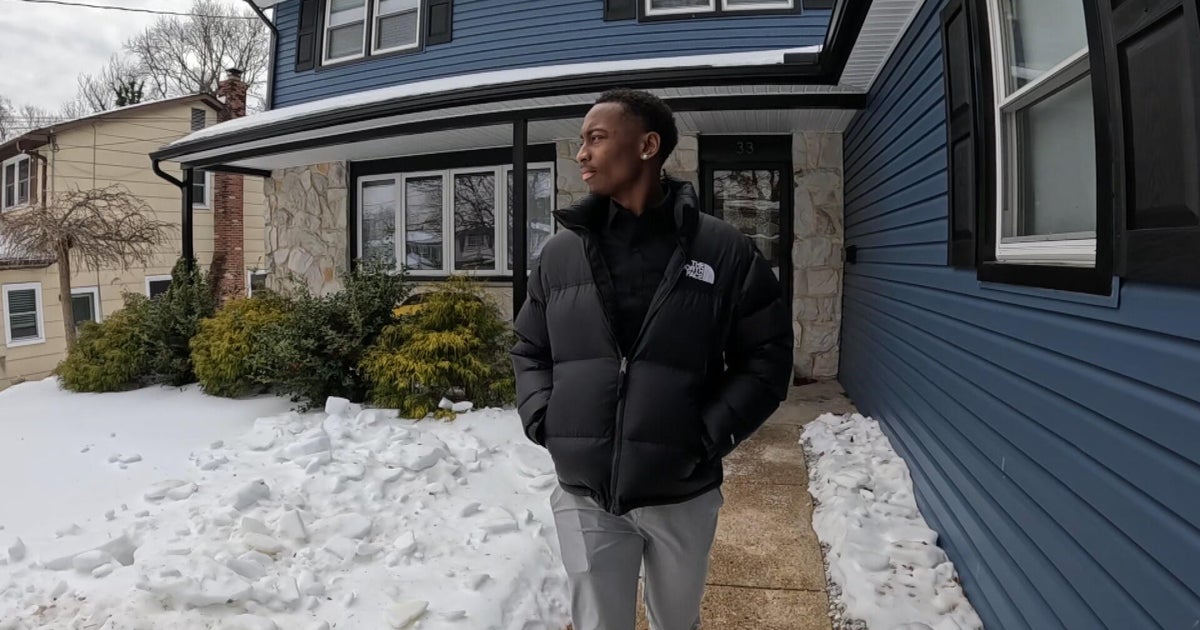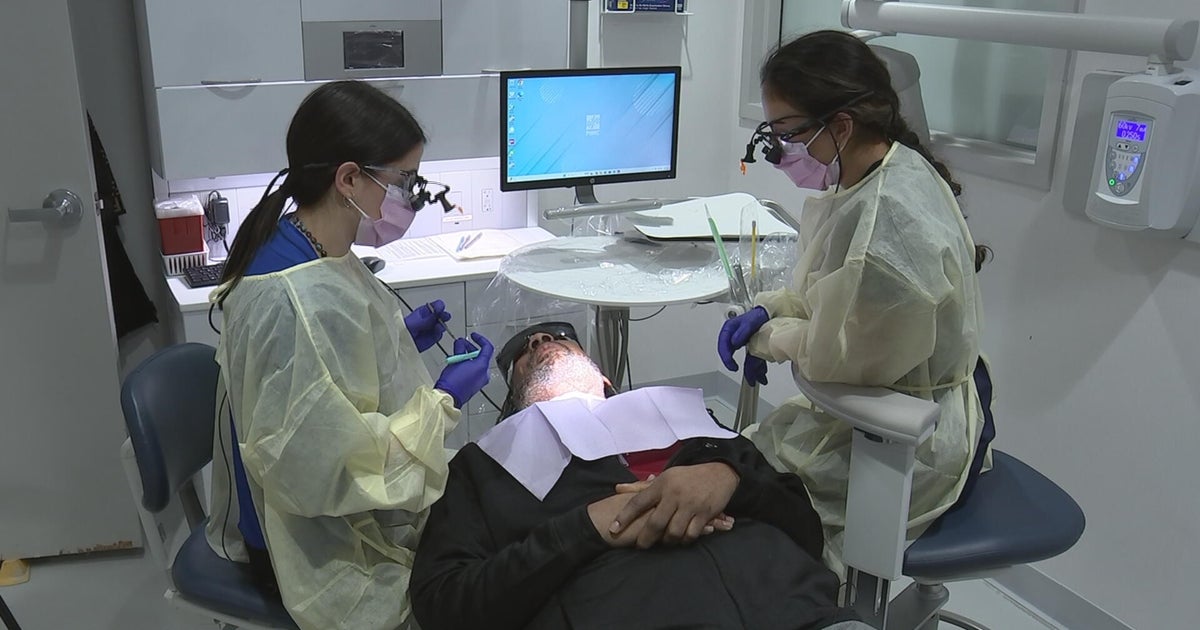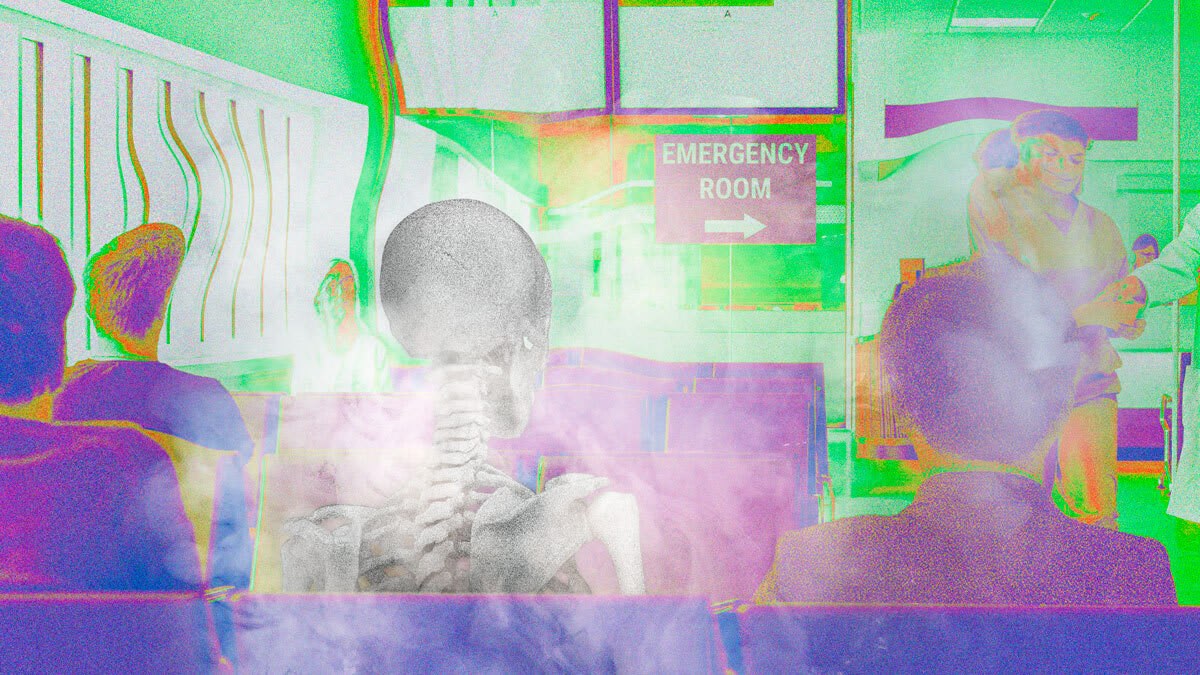What causes vertigo, and what should you do when you have it?
If you've ever suddenly felt like you are on a tilt-a-whirl while you're walking down the street or sitting in your office, then you might have vertigo.
Vertigo is a specific type of dizziness that is characterized by the sudden sensation that you are spinning or that the world around you is spinning. The feeling can come and go or it can last for hours or days. Along with the dizziness, people may also experience nausea or vomiting, headaches, double vision or a racing heartbeat.
"Dizziness is one of the top reasons why elderly people go to the emergency room, but not all of them have vertigo," Dr. Marlan Hansen, an associate professor of otolaryngology at the University of Iowa Hospitals and Clinics, told CBS News. Hansen has been treating diseases and disorders of the ear, nose and throat for 12 years. "Most people referred to me are misdiagnosed."
What causes vertigo?
The most common causes of vertigo are inner ear infections or diseases of the ear such as benign paroxysmal positional vertigo (BPPV), vestibular neuritis, and Meniere's disease.
BPPV can occur when calcium builds up in canals of the inner ear, causing brief dizziness that lasts from 20 seconds to one minute. It is usually brought on by trauma to the head or by moving the head in certain positions.
Vestibular neuritis is brought on by an inner ear infection that causes inflammation around the nerves that help the body sense balance. It results in a severe bout of vertigo that can last a day or more and sometimes includes hearing loss. "A person is dizzy for a day or two and then off balance," Hansen explained. The Cleveland Clinic says 95 percent of patients make a full recovery and never have it again.
Meniere's disease is caused by the buildup of fluid and pressure in the inner ear and can cause dizziness along with ringing in the ears and hearing loss.
Less common causes of vertigo can include head or brain injuries or migraines.
How do you treat vertigo?
Hansen said that vertigo can be a once-in-a-lifetime thing that comes and goes quickly, and should not normally be cause for alarm. "It just happens," he said.
However, if a person does experience repeated bouts of dizziness and hearing loss, Hansen advises seeing an ear, nose and throat specialist to seek appropriate treatment. Dizziness could also be a symptom of of a serious brain problem such as stroke, bleeding in the brain or multiple sclerosis.
Vertigo that is caused by BPPV can be treated by physical therapy where patients learn a series of exercises known as the canalith repositioning procedure -- slow maneuvers for positioning your head to shift particles in the inner ear.
If a person has Meniere's disease, Hansen said that a doctor might prescribe a low sodium diet and a diuretic to decrease fluid pressure in the inner ear. Musician Ryan Adams, who suffers from Meniere's disease, told CBS News last year that adjusting his lifestyle and the lighting onstage helped ease his symptoms.
Some vertigo sufferers can also be treated with certain prescription medications including calcium channel blockers, beta blockers and tricyclic antidepressants.
While it can be disorienting, Hansen said vertigo is not a dangerous condition. For people with BPPV, he said it can become hazardous if the person is working on something such as scaffolding when they get a case of vertigo. People with Meniere's disease are restricted from some jobs including airline pilot and truck or bus driver.
"Most people still drive cars," Hansen said. "They're usually safe to get off the road and wait it out."



